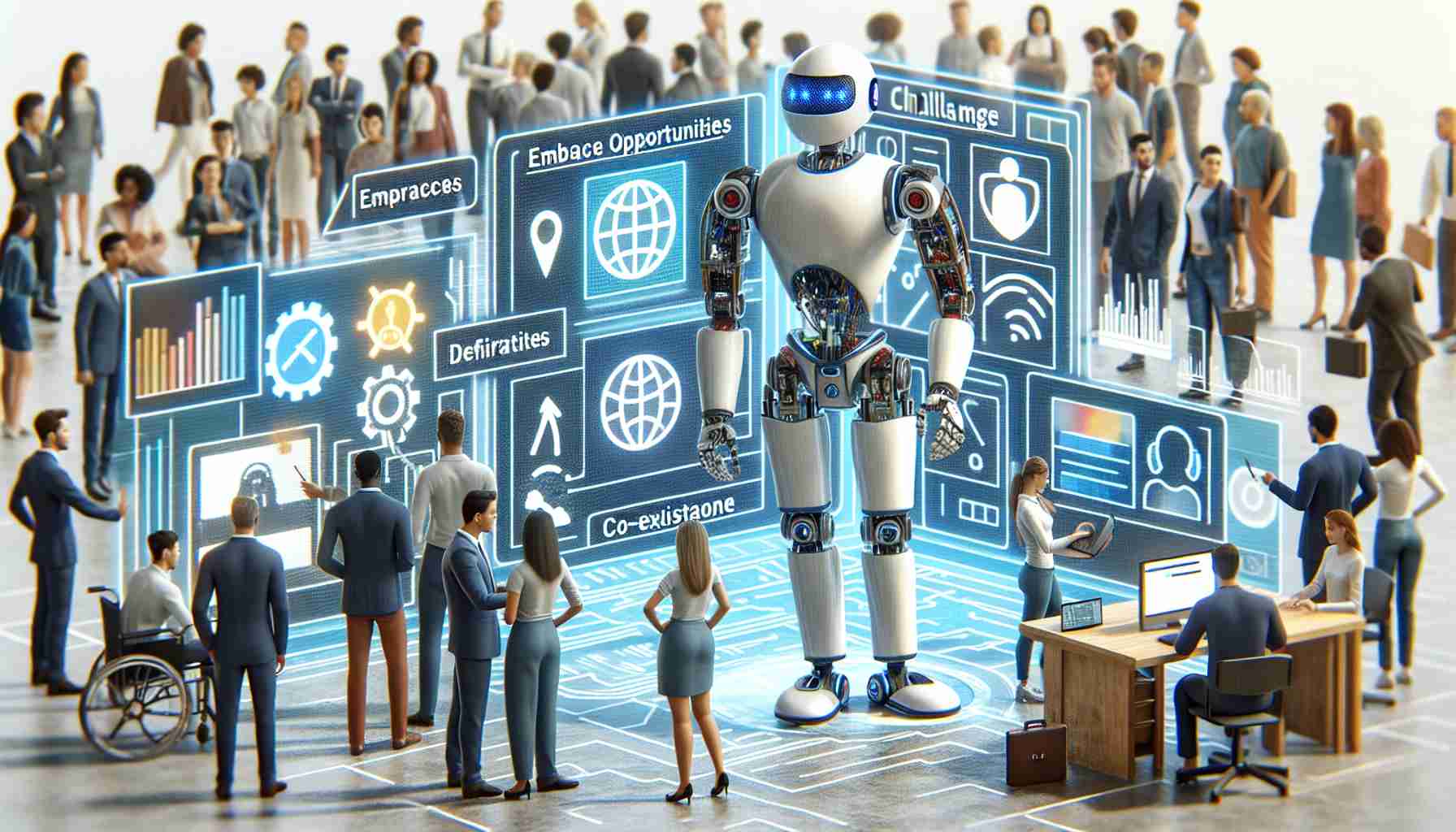Artificial intelligence (AI) is shaping the world as we know it, and its presence is only growing stronger by the day. The advancements in AI technology bring both excitement and concern. While society may not be fully prepared for the implications of AI, there are incredible opportunities for the Church and its outreach efforts.
The rise of AI has prompted reflection and discussion among individuals from various backgrounds. Science YouTuber Kyle Hill, for instance, has expressed mixed views on AI in the past. However, his recent alarm highlights the urgency and reality of our unpreparedness. Hill’s concerns are valid, and it is time for us all to take notice.
Amidst these concerns, there is still room for optimism if we act wisely. Here are seven essential points to consider about artificial intelligence:
1. Challenging the Image of Humanity:
AI, particularly Generative or LLM AI, presents an entirely new threat to society. Beyond the obvious concerns about job displacement, there is a deeper worry about the impact on our understanding of what it means to be human. As the digital world blurs the lines between reality and illusion, AI has the potential to disrupt our sense of identity and purpose.
2. Unmasking Artificiality:
While AI may convincingly imitate human thoughts and emotions, it is crucial to remember that it remains an artificial creation. The idea of a “super-intelligence” surpassing human capabilities is mere speculation. AI lacks true consciousness, feelings, and decision-making abilities. Placing our trust in AI’s wisdom is akin to worshipping an idol.
3. Potential for Abuse:
The rapid growth of AI is outpacing our ability to control it effectively. In the near future, AI-generated content is projected to make up the majority of online material. This opens up a dangerous opportunity for manipulation and propaganda. We must be aware of the potential misuse of AI by political activists and the creation of artificial “identities” influencing public opinion.
4. Erosion of Trust:
AI has made it increasingly difficult to discern what is genuine and what is fabricated in the digital realm. Deepfake videos and AI-generated text blur the lines between reality and fiction. The trust we once placed in social media and online platforms is rapidly diminishing. Critical discernment is necessary to navigate this new landscape.
5. The Changing Internet:
Hill raises the notion of an AI-dominated internet, where human authorship becomes uncertain. This online landscape, heavily influenced by AI-generated content, challenges our understanding of truth and authenticity. It is a call to action for individuals and organizations to adapt and find new ways of engaging meaningfully in the digital world.
As AI continues to disrupt and reshape society, the Church must be proactive in embracing its opportunities and addressing its challenges. The unchurched may soon recognize their need for Christ more than ever before, and the Body of Christ must rise to the occasion. By navigating the impact of AI with wisdom and discernment, we can utilize this technology as a tool to spread the Gospel while upholding the inherent value and dignity of humanity.
FAQ Section:
1. What is artificial intelligence (AI)?
Artificial intelligence, or AI, refers to the development of computer systems that can perform tasks that typically require human intelligence, such as visual perception, speech recognition, decision-making, and problem-solving.
2. What are the concerns surrounding AI?
Some concerns surrounding AI include job displacement, the potential impact on human identity and purpose, the potential for abuse and manipulation, erosion of trust in digital content, and the challenges posed by an AI-dominated internet.
3. What is Generative or LLM AI?
Generative or LLM AI, short for Language model with Limited Memory, is a type of AI focused on generating human-like text, including articles, stories, and even entire books.
4. Can AI surpass human capabilities?
While AI can convincingly imitate human thoughts and emotions, it does not possess true consciousness, feelings, or decision-making abilities. The idea of a “super-intelligence” surpassing human capabilities is speculative.
5. How does AI impact trust in digital content?
The rise of AI has made it increasingly difficult to discern what is genuine and what is fabricated in the digital realm. Deepfake videos and AI-generated text can blur the lines between reality and fiction, eroding trust in online platforms and social media.
6. How can the Church respond to the challenges and opportunities of AI?
The Church can proactively embrace the opportunities presented by AI while addressing the challenges. This includes recognizing the potential for the unchurched to recognize their need for Christ in this changing landscape and utilizing AI as a tool to spread the Gospel while upholding the value and dignity of humanity.
Key Terms:
– Artificial intelligence (AI): Computer systems that can perform tasks requiring human intelligence.
– Generative or LLM AI: AI focused on generating human-like text.
– Deepfake: AI-generated media that convincingly depicts someone saying or doing something they did not.
– Erosion of trust: The diminishing trust in online content due to the difficulty in discerning what is genuine and what is fabricated.
Related Links:
– The Age of AI: Just What Are We? | Christianity Today
– More Americans are using voice assistants, except for when they don’t | Pew Research Center
– What is artificial intelligence? | BBC AI Guide
The source of the article is from the blog zaman.co.at

